The World Health Organization (WHO) declared the herbicidal poison glyphosate a ‘probable carcinogen’ in March 2015.
WHO’s statement should have put an immediate stop to glyphosate production, sale and use around the world. The current European Union approval for glyphosate is due to run out on 30th June 2016. The obvious conclusion would be not to renew it.
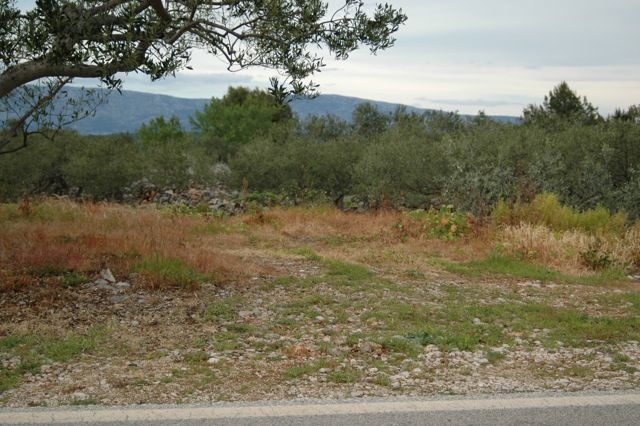
However, the European Commission (EC), choosing to ignore the WHO findings, initially proposed renewing glyphosate’s approval for 15 years, the maximum possible.
What is the European Commission?
The EC is the executive body of the European Union (EU). It represents the interests of the EU, not the interests of individual countries. Its responsibilities include proposing legislation for adoption by the European Parliament and the Council of Ministers.
The EC employs 23,000 people in Directorates which are responsible for individual policy areas. The Commission consists of a President, seven Vice-Presidents and 20 Commissioners, who are appointed for a term of five years. The President is proposed by the European Council and elected through a vote in the European Parliament. The President then selects the other 27 members of the Commission, who are suggested by the member states. The final choice has to be agreed by Parliament. All clear so far? Yes, I thought so.
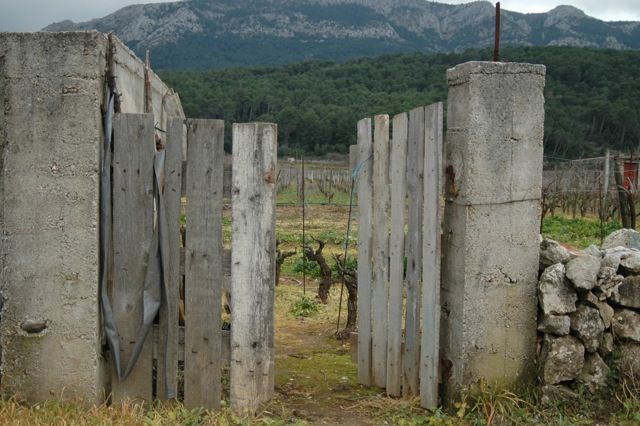
What is glyphosate?
Glyphosate is the active substance in herbicides such as Roundup (Cidokor in Croatian) and Touchdown (Ouragan). Glyphosate-based herbicides are used in massive quantities around the world.
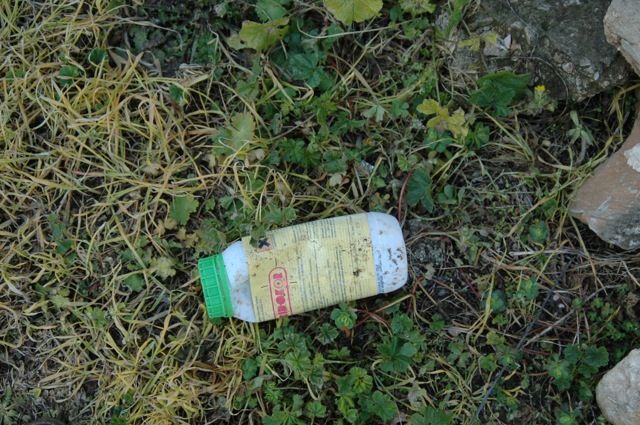
What’s wrong with glyphosate?
Glyphosate and its formulations have been found to be dangerous on many different levels. Besides the WHO report by the International Agency for Research on Cancer (IARC), there are hundreds of scientific studies published in peer-reviewed journals showing its links to a host of human illnesses and environmental harm.
Why was glyphosate approved?
Glyphosate’s approval depended largely on unpublished scientific studies, mainly on hapless, helpless animals. When glyphosate was re-registered in the United States in 1993, it received approval on the basis of 281 scientific references, of which only 7 were published papers, whereas 228 were unpublished studies sponsored and submitted by glyphosate producer Monsanto.
Following earlier approval in the United States, glyphosate was approved in Europe until 2012. Despite growing scientific and public concern, the approval was extended to December 31st 2015 (Commission Directive 2010/77/EU item 25), which by some strange alchemy was then prolonged again until 30th June 2016.
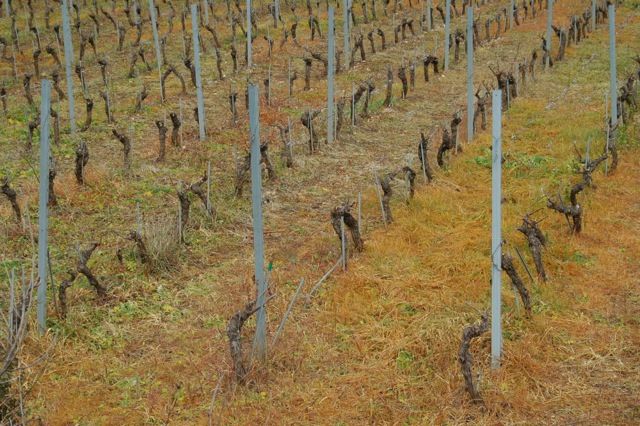
Agro-chemical aggro
Big money is involved in the glyphosate market. There is relentless pressure on users and consumers to accept glyphosate and other poisons as necessary and beneficial in agriculture and gardening.
In reponse to the IARC report, agro-chemical giant Monsanto commissioned a review refuting the IARC claims. Of Monsanto’s 16 supposedly independent experts, two were former employees of the company, while a further ten had been Monsanto consultants in the past.
The European Food Safety Authority (EFSA) at the request of the European Commission, also produced a rebuttal, published in November 2015. The EFSA considered glyphosate on its own. The IARC evaluation had included glyphosate-based formulations, which are the herbicides used by consumers.
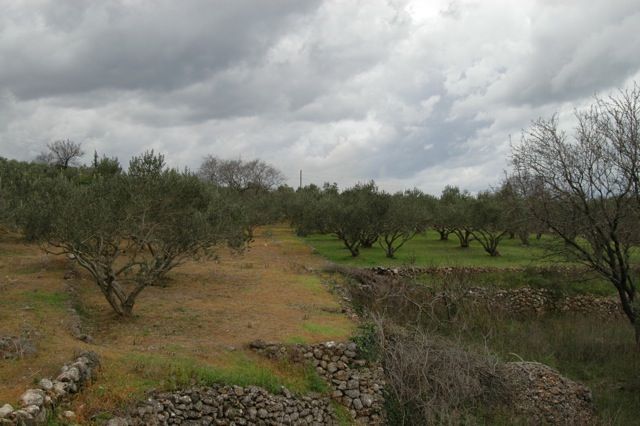
Major concerns expressed
Deep worries about the ill-effects of glyphosate use have been expressed by the educated public and politicans alike. A worldwide petition calling for a ban was signed by over 1,400,000 people. In the period following publication of the WHO report European Parliamentarians debated the issue several times before formulating proposals to protect public health.
EU Environment Committee Proposals
In March 2016 the EU Committee on the Environment, Public Health and Food Safety (known as ENVI) put forward a draft Motion for a Resolution urging the Commission ‘not to renew the approval of glyphosate’.
The ENVI draft Motion opened its eight-point conclusion with the criticism:
[ENVI] ‘Considers that the draft Commission implementing regulation fails to ensure a high level of protection of both human and animal health and the environment, fails to apply the precautionary principle, and exceeds the implementing powers provided for in Regulation (EC) No 1107/2009;’
The MEPs’ draft Motion pointed out that the EFSA had withheld possibly crucial information without providing due justification:
“…the Head of EFSA’s Pesticides Unit in charge of the assessment, called certain studies not assessed by IARC as “key” and “pivotal”; whereas EFSA has so far refused to make these studies publicly available, as the applicants have claimed that disclosure would harm their commercial interests; whereas non-publication of studies does not allow independent scientific scrutiny; whereas EFSA did not provide a verifiable proof that the disclosure would harm the industry, pursuant to the legal obligation under Article 63 of Regulation (EC) No 1107/2009;” (Item U, page 5).
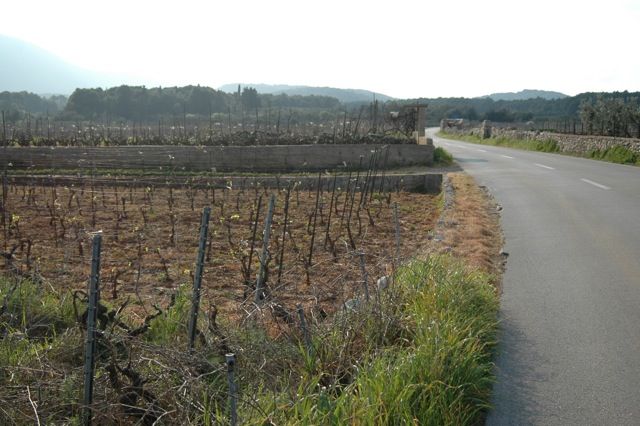
Taking the piss?
The Resolution which was put to the vote in the European Parliament on April 13th 2016 excluded some vital suggestions from the ENVI Motion. Glyphosate was reprieved: ENVI’s proposed restrictive measures were ignored, approval for a further seven years was inserted. Confusion reigned. The amended Resolution was passed. The three Croatian MEPs associated with the Environmental Committee voted variously: Biljana Borzan voted in favour of the amended Resolution, Davor Škrlec abstained and Marijana Petir (Substitute ENVI member) voted against. Of the eight other Croatian MEPs, Ivan Jakovčić and Jozo Radoš voted against, while Ruža Tomašić initially voted against but later amended her vote in favour of the Resolution.
As if the proposal to extend glyphosate approval for seven more years was not bad enough, news then circulated that the EC was in fact planning to extend the approval for ten years. As the European Parliament’s Resolution was non-binding, the EC can do pretty much what it likes.
Democratic, transparent processes? Are they taking the piss, or what?
Talking of piss, following on from a German study of 2,009 people which found glyphosate residues in the urine of 99.6% of them, the European Greens launched a symbolic campaign, in which a group of MEPs took part in a test assessing levels of glyphosate in their urine. ‘Keep Pee Glyphosate-Free’, yes indeed, if only.
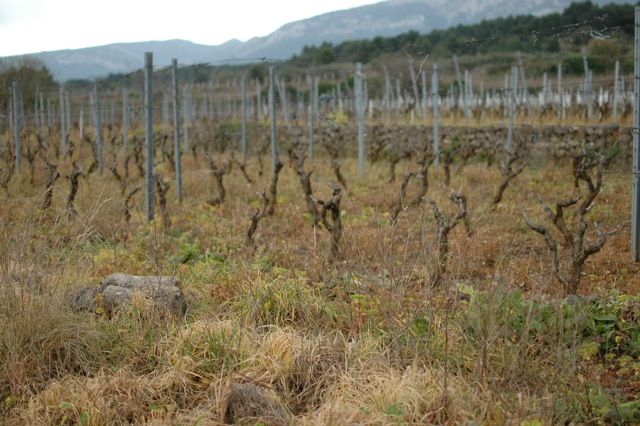
Politics vs. People
Clearly there is political determination to keep glyphosate on our plates. Presumably driven by commercial interests, it’s certainly not for the good of mankind. Individuals can choose to buy organic produce. But it’s not reassuring to know that glyphosate has permeated into organic production, as shown by a study of Calfornian wines in March 2016, which followed a similar finding in German beer.
Healthy living? No chance. Medics can brace themselves for ever-increasing numbers of pesticide-related problems in the coming years. Oh well, we can drown our sorrows in glyphosate wine.
Hope remains
Despite the machinations of the European Commission and the impotence of the European Parliament, EU Member States still have the chance to turn towards health and sustainable agricultural practices. Other countries, notably Russia and Bhutan, are leading the way. Croatia has everything going for it. With organic agriculture as the mainstream norm throughout the country, Croatia could be the paradise on earth it deserves to be.
Go Croatia, go ORGANIC!!
© Vivian Grisogono MA(Oxon), 2016







